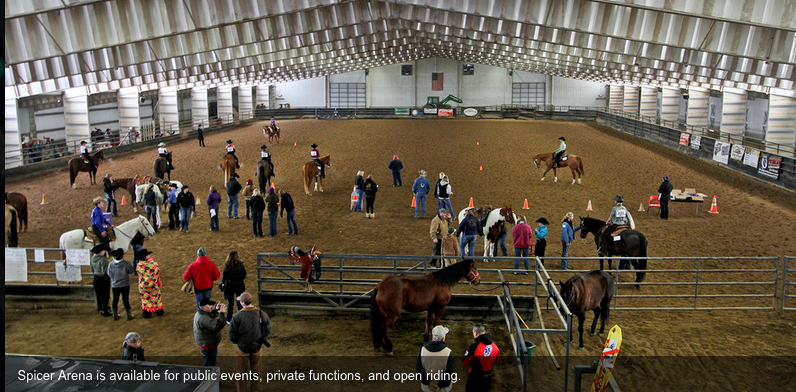
Cobb SWA – UT/INT Training Day Sign Up ONLY – April 3
*This sign up is only for attending the morning UT/INT training session. If you are planning to attend the whole day (both sessions), you will need to sign up for both the UT/INT session AND the NA session. SPACE IS LIMITED.*
Schedule:
- 6:30-7 a.m. Utility and Invitational Check In and Morning Huddle
- 7:00 a.m. – 11 a.m. Utility and Invitational Field Work
- 11 a.m. – 11:30 a.m. Team Elevate Youth Challenges (separate registration)
- 11 a.m. – 11:30 a.m. Natural Ability Check In and Group Huddle
- 11:30 a.m. – 1:30 p.m. Natural Ability Station Work
- 2 p.m. – 4 p.m. Independent Work
Signups will be limited to 2 dogs/handler total. We recommend you focus on working one dog in the structured morning session. If you have more than one dog or would like to work other components not outlined in the structured schedule, please plan to do so during the independent portion in the afternoon.
Utility and Invitational Field Work:
- Total Capacity: 20 dogs (Simultaneous stations- either Utility Water or Invitational Field – can’t sign up for both)
- Total Number of Birds:
- Utility: 1 duck per dog/handler
- Invitational: 3 chukar per dog
- Cost:
- Utility: $25/dog (live duck, dead duck, blank ammo for sequences)
- Invitational: $40/dog (birds and live ammo for designated gunners)
- Volunteers: Max 3 per group (Total of 9 volunteers needed)
We will have 2 Utility groups and 1 Invitational group to focus on different skills. Please be prepared to initiate training activities that you know
your dog needs, and don’t take on training for which your dog is not ready. Group mentors will help you assess your dog’s level and share tips to
understand where you need to focus, and when you are ready to move to next steps. Utility handlers will work between two stations: Duck Search
and Steady at the Blind/Duck Drags. Invitational dogs will focus on field work. Only designated gunners are permitted to shoot live ammo in the upland fields. No exceptions.
Natural Ability handlers are welcome to attend the morning session as volunteers to support the training activities. This will be an invaluable learning opportunity for handlers wishing to learn about Utility and Invitational level training.
Please be prepared to initiate training activities that you know your dog needs, and don’t take on training for which your dog is not ready.
Independent Work
After all formal sessions, handlers are welcome to go to designated areas for other unassisted training that they would like to do that day.
Other Information
Be prepared for any kind of weather, especially at this time of year. Bring all the gear needed to keep you and your dog comfortable in any conditions. Bring all necessary dog training supplies: Crate, Training collars, Leash, Water, Pick up Bags, etc.
All handlers must be RMC and NAVHDA International current members. Hunters orange must be worn in all live fire fields. Only designated gunners are permitted to shoot live ammo in the upland fields. No exceptions.
The cost associated with this event is to cover the cost of birds and ammo used during your training. Training birds for this event will not be available to take home. Please bring a cash or check (payable to: Rocky Mountain Chapter NAVHDA) to pay for the event.
Additional birds for individual training at home or on your own may be purchased. Please contact Sara or Jake Heesacker at [email protected].
YOU MUST AGREE TO THE RULES (top submission button) AND SUBMIT YOUR BOOKING REGISTRATION (bottom submit booking button). These are separate submissions.
Bookings
Bookings are closed for this event.
